Just two weeks after receiving a request from the shadow minister for health and ageing, Mark Butler, to take ‘appropriate action to protect public health’ in relation to Craig Kelly’s ‘harmful content’, Facebook banned Craig Kelly from its platform for seven days.
Whether Facebook was following the demands of the Labor party to silence an effective and popular political opponent cannot possibly be known.
But what is known is that 2021 is likely to be a federal election year and Facebook’s silencing of an elected member of parliament for his opinion on an important public policy matter could be labelled by a cynical observer as election meddling.
It is unlikely, for example, that Facebook would ever censor or de-platform a Greens politician for spreading disputed information about climate science, such as the claim that the world will become uninhabitable within twelve years without substantial reductions to emissions.
Craig Kelly is just the latest in a long line of conservatives to be de-platformed, with former President Trump the most prominent. Within just days of the political assembly of 6 January, Trump’s digital identity was erased when his social media accounts across Twitter, Facebook, Instagram, Snapchat, TikTok and YouTube were all suspended in what could only be described as an act of big corporate collusion doing the bidding of the Left.
Given the high-profile nature of politicians such as Kelly and Trump, what social media censorship means for freedom of speech in Australia has been lost to discussion about the personalities involved.
Traditionally, the debate about freedom of speech has been confined to the public sphere and to actions of government and so has tended to focus on legal impediments to free speech. Prominent examples in Australia include Section 18C of the Racial Discrimination Act 1975 and the restrictive nature of defamation laws.
It has typically been accepted, particularly by those on the right, that while censorship and de-platforming by private enterprise might be undesirable, it is categorically different to censorship by government.
Those who are aggrieved by their treatment by social media companies should seek alternative platforms or build their own, whereas one cannot simply build their own government and legal system to escape government censorship.
This debate also goes to employment contracts. The Left has typically been opposed to contracts which include clauses such as non-disclosure agreements, which they claim are exploitative and are an abuse of corporate power, while the Right has become increasingly concerned with corporate censorship of the views of religious and cultural conservatives.
But the prevailing view has tended to be that a private company can limit the speech and expression of its staff, provided it is done via a legal and voluntarily agreed contract. After all, the employee gets paid to do a job and the business has an obligation to its employees, customers and shareholders to protect, amongst other matters, its brand name. One rogue employee engaging in a rant on social media can cause immense damage to a company and its reputation.
However, the distinction between private and public censorship, while important philosophically, is perhaps less important in a practical sense.
And this is especially so now given that the private sector – primarily big business and tech companies – poses a challenge to the day-to-day freedoms of the average Australian in a way that they did not only a few years ago.
A legal freedom, such as freedom of speech or religion, in practice means little if one cannot give practical effect to that freedom through actions and choices. Footballer Israel Folau learnt this the hard way in 2019 when he was forced by his employer Rugby Australia to choose between his job and his religion; a choice that no Australian should ever be required to make.
In other words, even if Australia had broad legal protections for freedom of speech (which it doesn’t), this would mean little to someone who cannot freely voice their opinions in public due to censorship on social media and the risk of losing their livelihood. This is why social media mobs are so dangerous to democracy. They cower people into silence. Whether one agrees or disagrees with the opinions of those who are the victims of these mobs, such as Craig Kelly, is beside the point.
It remains an open question as to what can be done about extensive and growing private censorship.
For one, the argument that companies like Twitter and Facebook are platforms and not publishers is less defensible by the day.
Facebook is less a neutral platform and more like a very long newspaper which curates material, including a massive comments section, according to an editorial position referred to as ‘community guidelines.’ One option, then, is to regulate social media companies in the same way as newspapers are regulated.
Another approach is to make ‘political opinion’ or ‘political belief’ a protected attribute in anti-discrimination legislation, which would make it illegal for a business to discriminate against an employee or customer on the basis of their political opinion, in the same way as it is illegal to discriminate on the basis of sex, race, or ethnicity.
This was what was proposed, in part, by the Gillard Labor government in their Human Rights and Anti-Discrimination Bill 2012 which never made it into law.
Both approaches – regulating social media and expanding anti-discrimination laws – would, however, almost certainly be counter-productive.
The argument that social media companies should be exposed to liability for what they publish in the same way that newspapers are is compelling, but this wouldn’t resolve the issue of those companies censoring their users based on political views.
Anti-discrimination laws are inevitably used as a weapon against ideological and political opponents, rather than as a shield against genuine discrimination. And it would be the well-funded and activist Left using the law against conservatives.
As conservatives and mainstream Australians continue to lose institutional power, and the commanding heights of finance, media, academia, politics and technology continue to shift leftward, the question of how to secure practical freedom for millions of religious and cultural conservatives will become more urgent.
Got something to add? Join the discussion and comment below.
Get 10 issues for just $10
Subscribe to The Spectator Australia today for the next 10 magazine issues, plus full online access, for just $10.
Daniel Wild is Director of Research at the Institute of Public Affairs.
You might disagree with half of it, but you’ll enjoy reading all of it. Try your first month for free, then just $2 a week for the remainder of your first year.

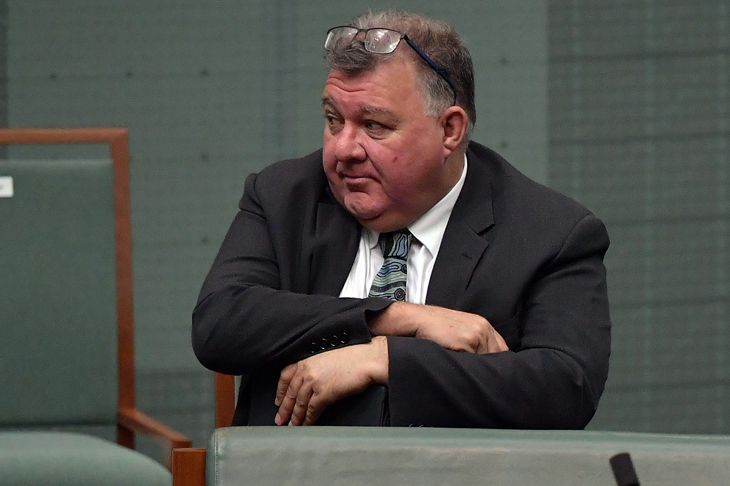
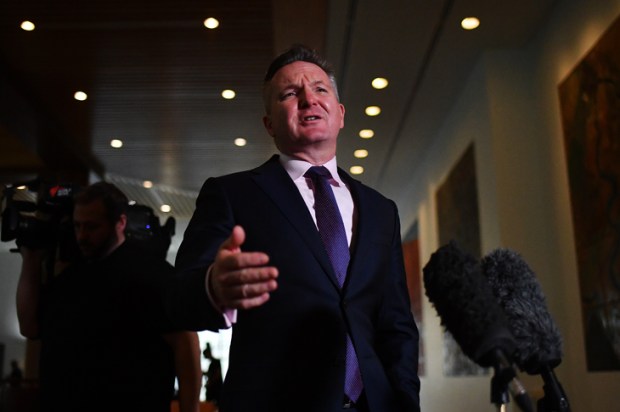

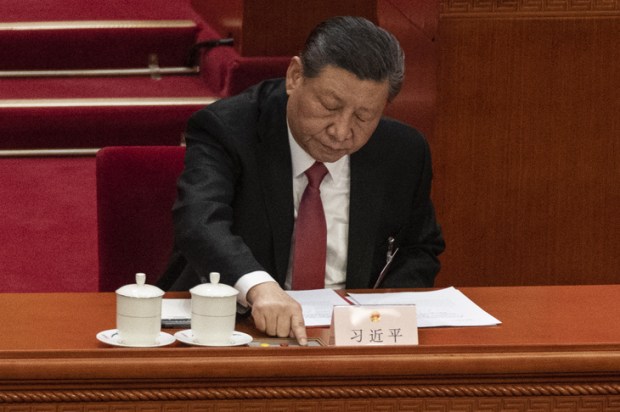
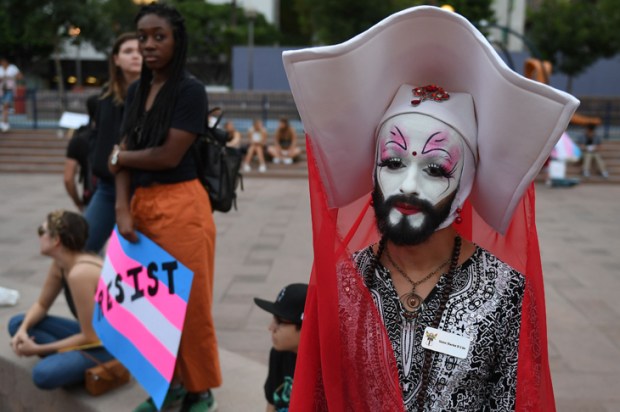
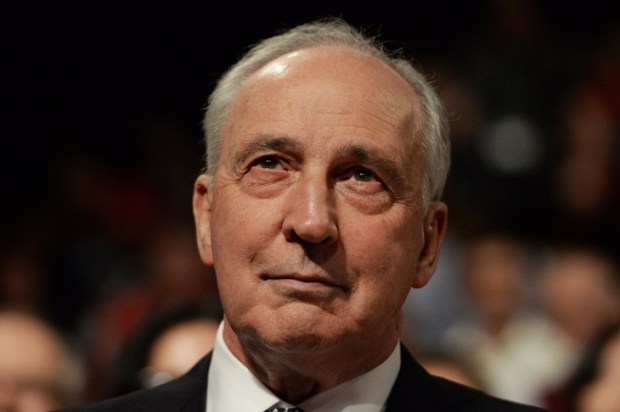
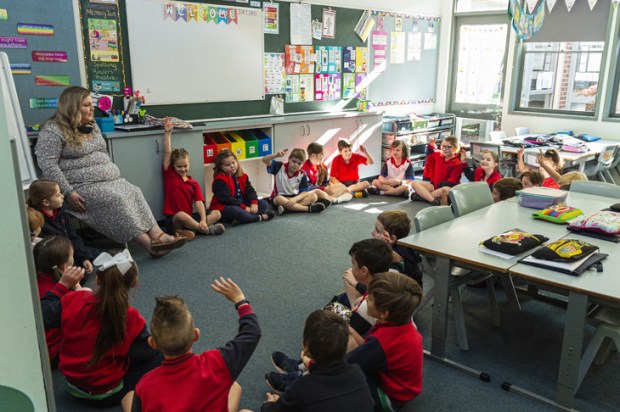






Comments
Don't miss out
Join the conversation with other Spectator Australia readers. Subscribe to leave a comment.
SUBSCRIBEAlready a subscriber? Log in